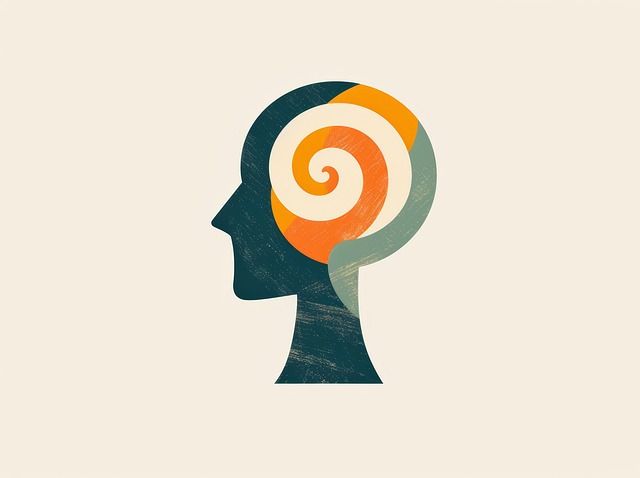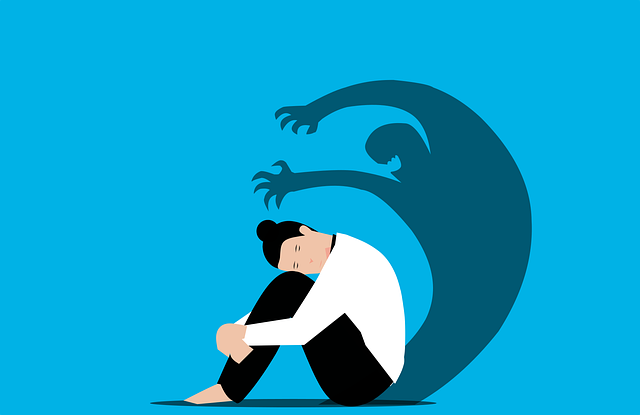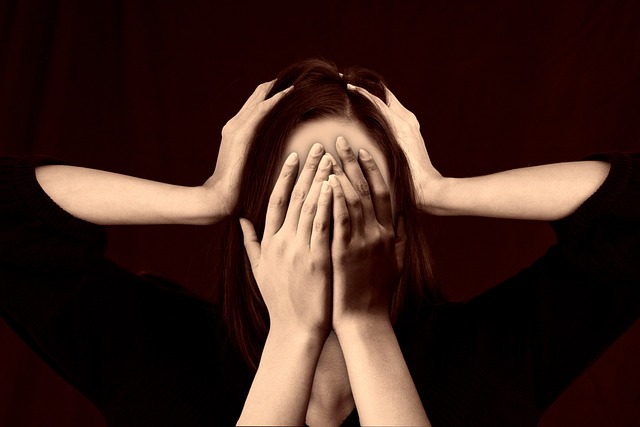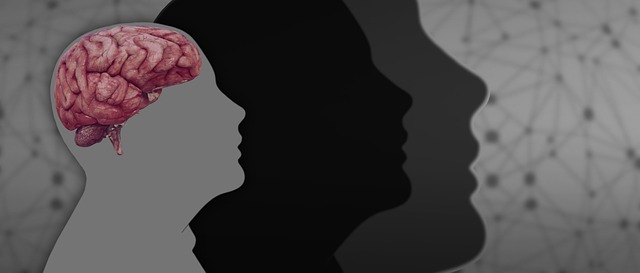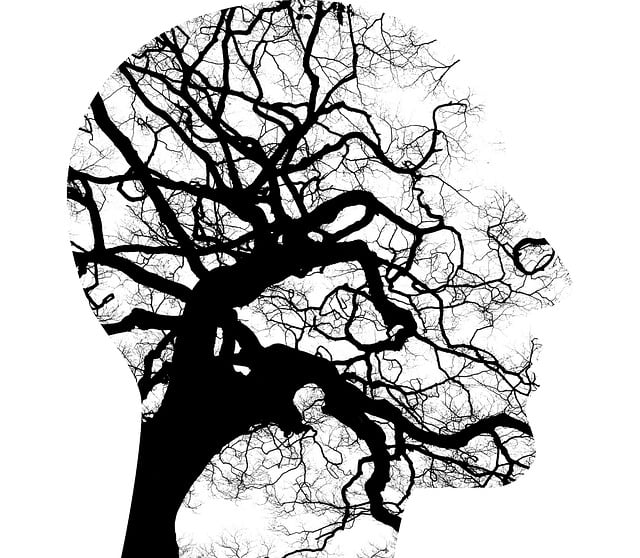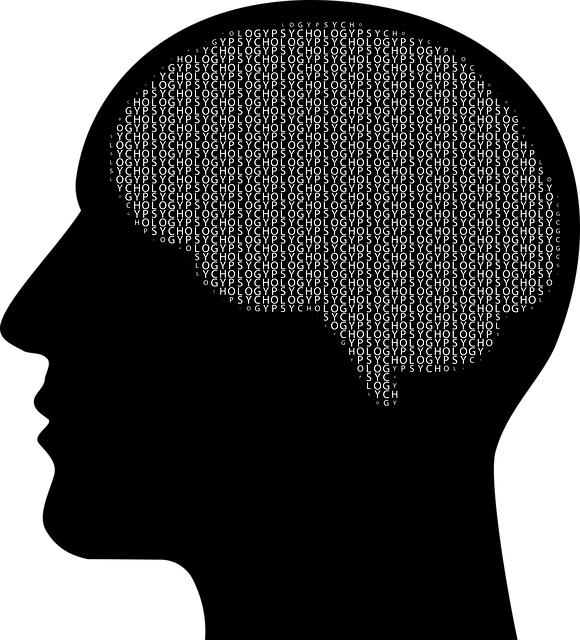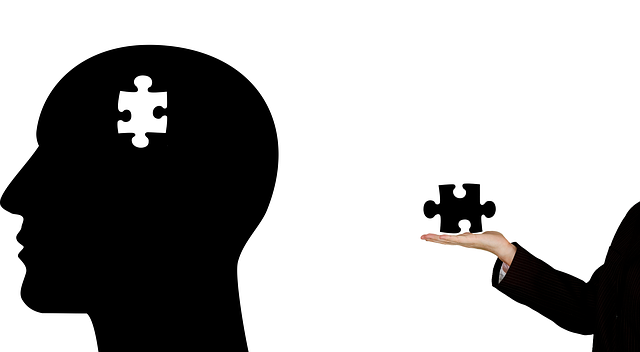Depression among elder veterans is a growing concern often overlooked due to physical health issues. Recognizing symptoms like persistent sadness, changes in appetite/sleep, fatigue, and suicide thoughts is crucial for timely intervention. Effective therapy involves multifaceted approaches including tailored Emotional Well-being Promotion Techniques, cognitive-behavioral therapy (CBT), self-awareness exercises, cultural competency training, and routine screenings. Proactive holistic care integrating physical activity, healthy eating, and quality sleep, along with tailored coping mechanisms, promotes long-term mental wellness for elder veterans.
Depression is a significant concern, especially among elder veterans who face unique challenges. This article explores vital strategies to prevent and manage depression in this demographic. We delve into recognizing subtle symptoms often overlooked, discussing effective therapeutic approaches tailored for veteran needs, and providing proactive steps for long-term mental wellbeing. Understanding these strategies can empower individuals to offer much-needed support, ensuring better mental health outcomes for our veterans. For a focus on therapy specifically targeting elder veterans, read on to discover actionable insights.
- Recognizing Depression Symptoms in Elder Veterans
- Therapeutic Approaches for Effective Treatment
- Proactive Strategies for Long-Term Mental Wellbeing
Recognizing Depression Symptoms in Elder Veterans

Depression among elder veterans is a growing concern, often overshadowed by physical health issues common in this demographic. Recognizing the symptoms is crucial for timely intervention and effective therapy for elder veterans. Common signs include persistent feelings of sadness or loss of interest, changes in appetite or sleep patterns, fatigue, difficulty concentrating, and thoughts of death or suicide. These manifestations can be further complicated by the unique experiences and challenges faced by veterans, such as trauma, isolation, and the transition from military to civilian life.
Addressing depression in elder veterans requires a multifaceted approach. Healthcare providers play a vital role, utilizing Emotional Well-being Promotion Techniques tailored to this population. This may involve cultural competency training to better understand veteran experiences and Conflict Resolution Techniques for managing the unique barriers they face. Early detection through routine screenings and open communication can significantly enhance outcomes, ensuring that these individuals receive the necessary support and therapy for their mental health concerns.
Therapeutic Approaches for Effective Treatment

Depression prevention among elder veterans often requires a multifaceted approach that includes therapeutic interventions tailored to their unique experiences and needs. One effective strategy is therapy for elder veterans, focusing on cognitive-behavioral therapy (CBT) which helps them challenge negative thought patterns and engage in activities that promote positive mood regulation. This method, backed by extensive research, has proven successful in treating depression among older adults, including veterans.
Incorporating self-awareness exercises and empathy building strategies within therapeutic settings can further enhance the care provided to elder veterans. Encouraging self-reflection allows them to identify triggers for depressive episodes, while empathy training fosters understanding between patients and healthcare providers, promoting open communication. Additionally, ensuring that healthcare providers undergo cultural competency training is crucial to delivering sensitive, culturally responsive care tailored to the specific experiences and perspectives of veteran populations.
Proactive Strategies for Long-Term Mental Wellbeing

Maintaining long-term mental wellbeing requires proactive strategies that go beyond addressing symptoms when they arise. For elderly veterans, a comprehensive approach can be particularly beneficial given the unique challenges they face. Beyond traditional therapy for elder veterans, cultivating mental wellness involves consistent practices. Engaging in regular physical activity, adopting healthy eating habits, and prioritizing quality sleep are foundational elements that support mood management.
Additionally, developing coping mechanisms tailored to individual needs is crucial for burnout prevention. This might include mindfulness practices, social connections, or creative outlets. By integrating these proactive strategies into daily routines, veterans can fortify their mental resilience and promote a sustainable sense of wellbeing over time.
Depression prevention and management among elder veterans require a multifaceted approach. By recognizing symptoms early, utilizing effective therapeutic techniques like cognitive-behavioral therapy (CBT) tailored for their unique needs, and adopting proactive strategies for long-term mental wellbeing, we can significantly improve their quality of life. For optimal care, it’s essential to integrate these strategies within specialized therapy for elder veterans, ensuring they receive the support necessary to overcome depression and thrive.

